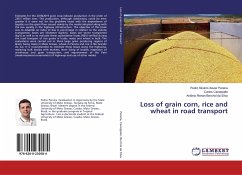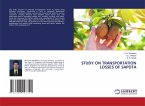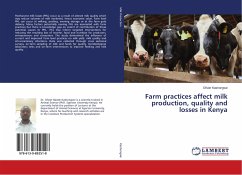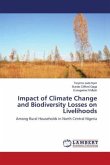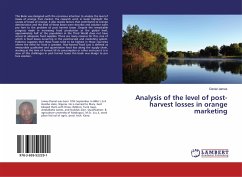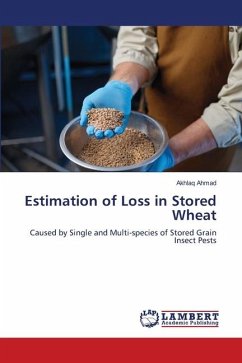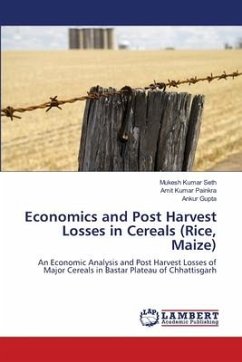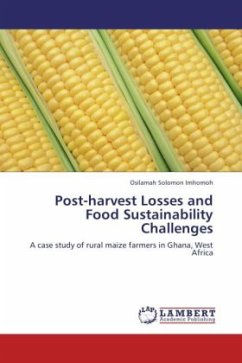Estimates for the 2018/2019 grain crop indicate production in the order of 238.5 million tons. This production, although satisfactory, could be even greater if it were not for the problems faced with the dependence of logistics on the grain flow caused mainly by the modal adopted along with the low quality in the highway infrastructure. The objective of this book was to establish an index of loss in percentage in relation to the volume transported, losses per kilometer (kg/km), losses per tonne transported (kg/t) as well as to evaluate these quantitative losses (R$/t) verified during the road transport of rice grains in husks, maize and wheat in bulk. The evaluations were carried out in three large grain producing regions of Brazil, being maize in Mato Grosso, wheat in Paraná and rice in Rio Grande do Sul. It is recommended to minimize these losses along the highways, replacing bulk bodies with buckets; inner lining of bodies; inspection of warehouse and grain transporters, and improvement of the fleet (modernization/conservation) of highways and use of other modes.
Bitte wählen Sie Ihr Anliegen aus.
Rechnungen
Retourenschein anfordern
Bestellstatus
Storno

